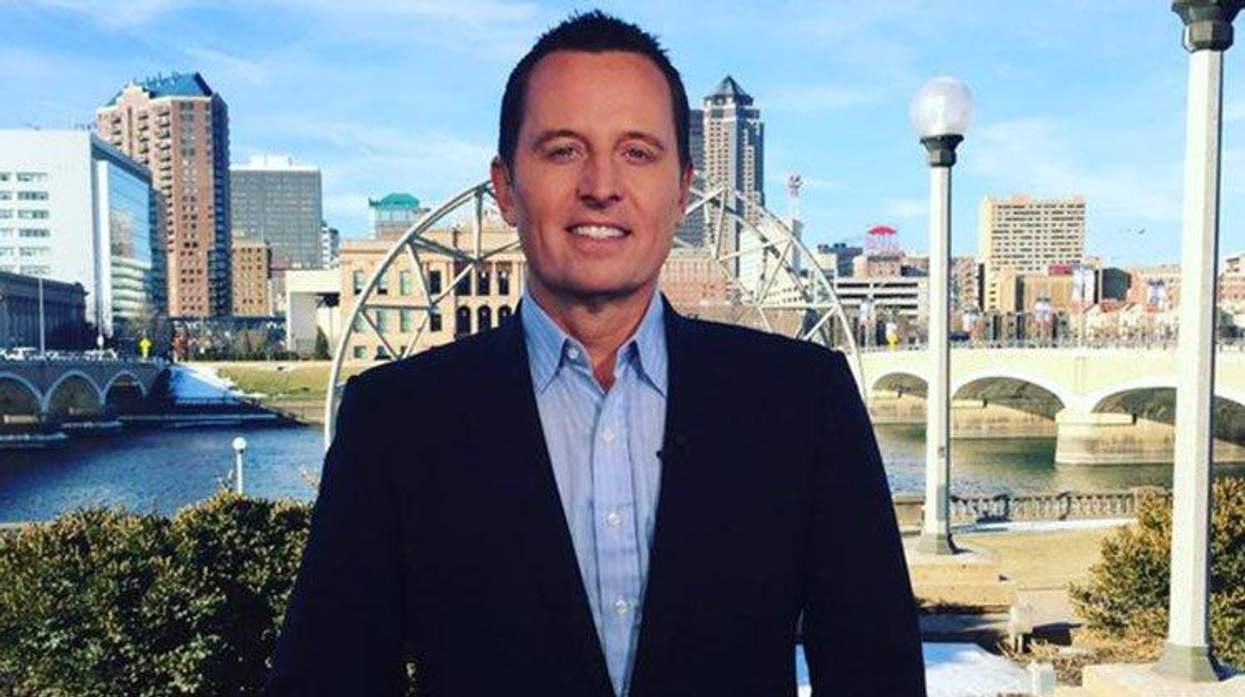Lesbian, gay, and bisexual Republicans have higher levels of internalized homophobia than LGB Democrats and feel less connected to the LGB community, according to a new research report by the Williams Institute.
That may feel like confirmation of a stereotype. "Researchers and LGBT community members have seen an inherent incompatibility between LGBT identity and Republican affiliation," the think tank notes. "Nonetheless, LGBT people, like other minority groups, hold diverse beliefs and political affiliations."
The Williams Institute, based at the University of California, Los Angeles, School of Law, used data from the Generations study, conducted by the institute and several other universities. Generations looks at identity, stress, and health factors among three generations of LGB people.
For its report, Differences Between LGB Democrats and Republicans in Identity and Community Connectedness, the Williams Institute focused on data regarding cisgender LGB people who are affiliated with one of the two major U.S. political parties. (Very few transgender Americans identify as Republican -- just 2 percent, according to the U.S. Transgender Survey.)
To measure internalized homophobia, the institute looked at several factors, including the desire to be heterosexual and feeling that being LGB is a personal shortcoming. Forty-one percent of Republicans said they would want to be completely heterosexual, compared to 17 percent of Democrats. Thirty-eight percent of Republicans said they thought being LGB was a personal shortcoming, while 16 percent of Democrats did.
"But similar proportions -- more than a third -- of LGB people of both party affiliations said they had tried to stop being attracted to same-sex partners at some point in their life," the report notes.
Republicans felt less connected to the LGBT community than Democrats did. Seventy-two percent of Democrats said they feel part of the community, while just 46 percent of Republicans felt this way. Eighty-five percent of Dems agreed that participating in the community is a positive thing, compared to 60 percent of GOPers, while 95 percent of Democrats and 72 percent of Republicans expressed pride in the LGBT population. Seventy-two percent of Democrats found it important to be politically active in the community, while just 36 percent of Republicans did.
Members of both parties perceived similar levels of stigma and discrimination against LGB people, and similar numbers were out to people in various aspects of their lives. However, Democrats were likelier than Republicans to consider their sexual orientation an important part of their identity. Eighty-five percent of Democrats agreed that "being LGB is a very important part of me," while 68 percent of Republicans did. Thirty-eight percent of Dems said their sexual orientation is an insignificant part of who they are (respondents answered questions differently based on how they were phrased), while 54 percent of Republicans said it was insignificant.
Read the full report here.




































































Charlie Kirk DID say stoning gay people was the 'perfect law' — and these other heinous quotes